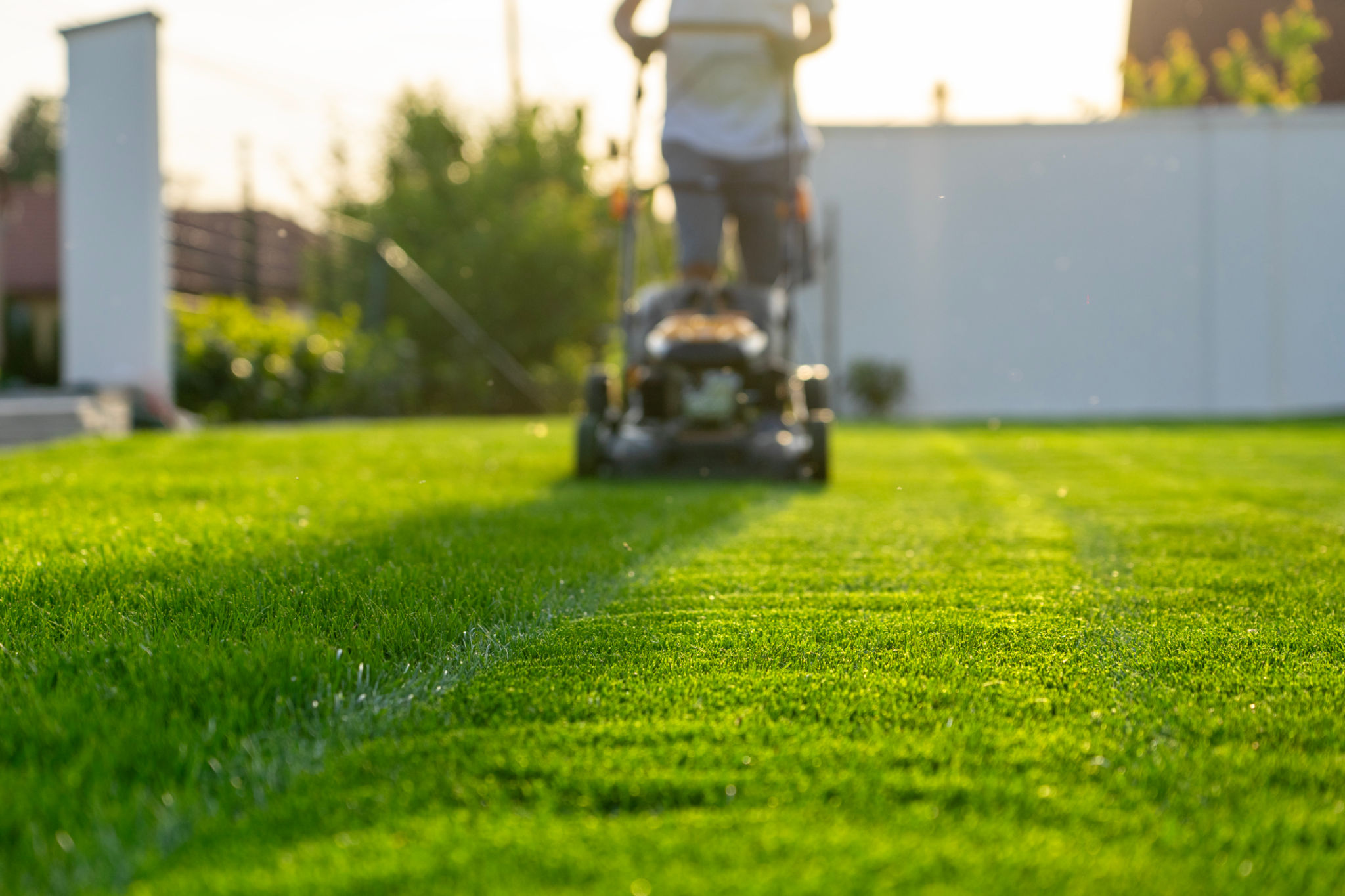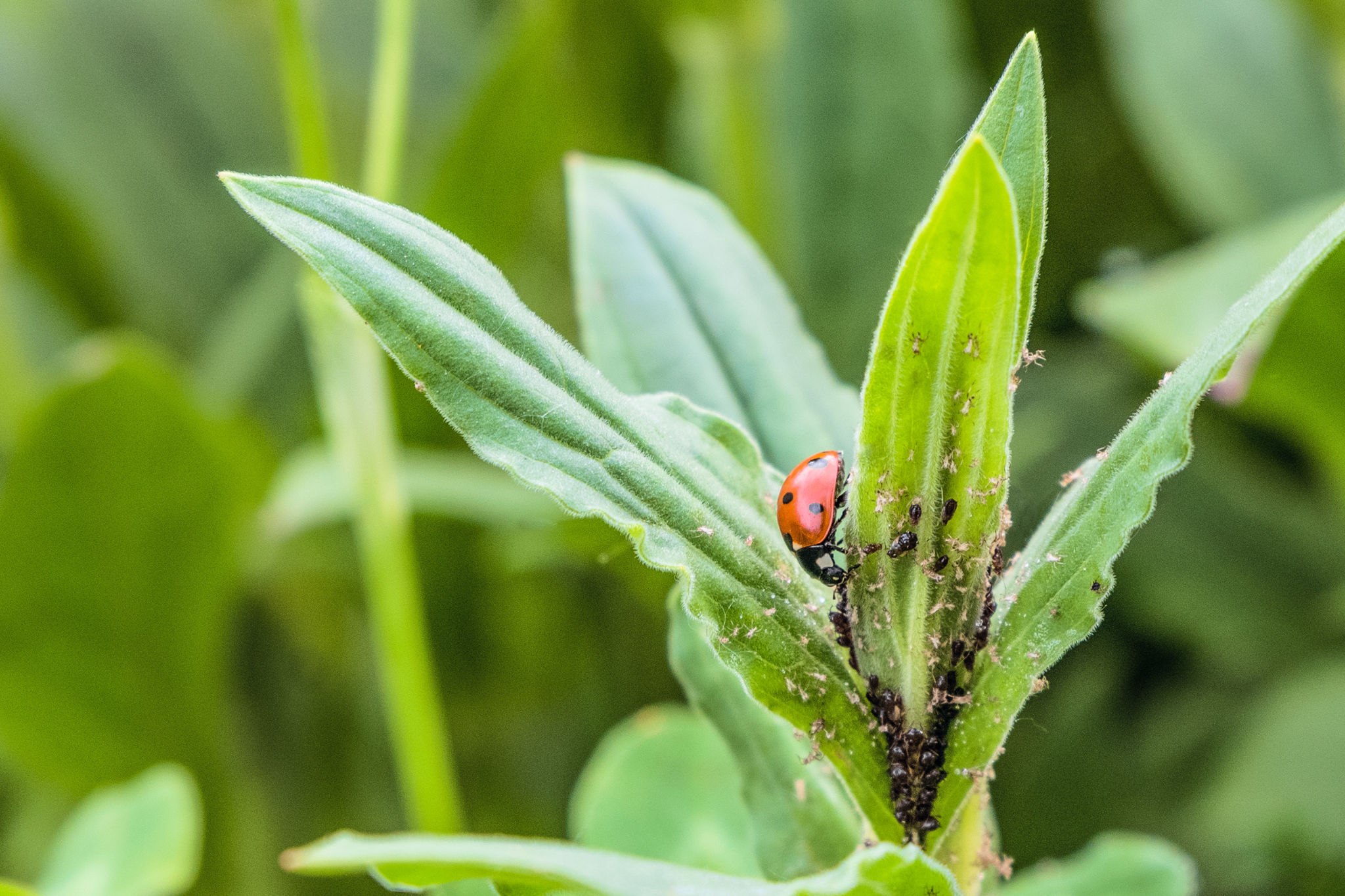Sustainable Lawn Care Practices: Eco-Friendly Tips for a Greener Lawn
Understanding the Importance of Sustainable Lawn Care
Maintaining a lush, green lawn is a goal for many homeowners, but traditional lawn care methods can often harm the environment. Pesticides, excessive water use, and synthetic fertilizers contribute to pollution and resource depletion. Embracing sustainable lawn care practices not only helps the planet but also enhances the health and beauty of your lawn. Below are some eco-friendly tips to help you achieve a greener lawn.

Choose Native Grass and Plants
One of the most effective ways to create an eco-friendly lawn is by incorporating native grass species and plants. Native plants are well-suited to local climate conditions and require less water and maintenance compared to exotic species. This reduces your reliance on irrigation and chemical fertilizers, promoting a more sustainable landscape.
Water Wisely
Water conservation is crucial for sustainable lawn care. Overwatering not only wastes a precious resource but can also lead to fungal diseases in your grass. To water your lawn efficiently, consider these tips:
- Water early in the morning or late in the evening to minimize evaporation.
- Use a rain gauge or moisture sensor to avoid overwatering.
- Install a drip irrigation system to target plant roots directly.
Embrace Organic Fertilizers
Traditional synthetic fertilizers can leach into waterways, causing pollution and harming aquatic life. Switching to organic fertilizers is a more sustainable option. These fertilizers release nutrients slowly, ensuring that your grass receives a steady supply over time. Additionally, organic options improve soil health by encouraging beneficial microbial activity.

Practice Grasscycling
Grasscycling is a simple yet effective way to nourish your lawn naturally. It involves leaving grass clippings on the lawn after mowing. As these clippings decompose, they return valuable nutrients to the soil, reducing the need for additional fertilizers. This practice also reduces waste, as you won’t need to bag and dispose of clippings.
Promote Biodiversity
A diverse lawn ecosystem is more resilient and requires fewer chemical interventions. Encourage biodiversity by planting a mix of grasses, wildflowers, and clover. These plants provide habitat and food for beneficial insects like bees and butterflies, enhancing the ecological balance of your lawn.
Reduce Chemical Use
Chemical pesticides and herbicides can harm beneficial organisms and pollute the environment. Opt for natural pest control methods instead. For instance, introducing ladybugs can help control aphid populations, while corn gluten meal acts as a natural pre-emergent herbicide.

Implement Proper Lawn Maintenance
Regular maintenance is key to a healthy, eco-friendly lawn. Keep your mower blades sharp to ensure clean cuts and set the mower height to three inches or higher to encourage deeper root growth. Aerate the soil annually to improve water and nutrient absorption, and overseed bare spots to maintain a dense turf.
By adopting these sustainable lawn care practices, you can enjoy a beautiful lawn that benefits both your home and the environment. Not only will you reduce your ecological footprint, but you'll also contribute to a healthier ecosystem for future generations.